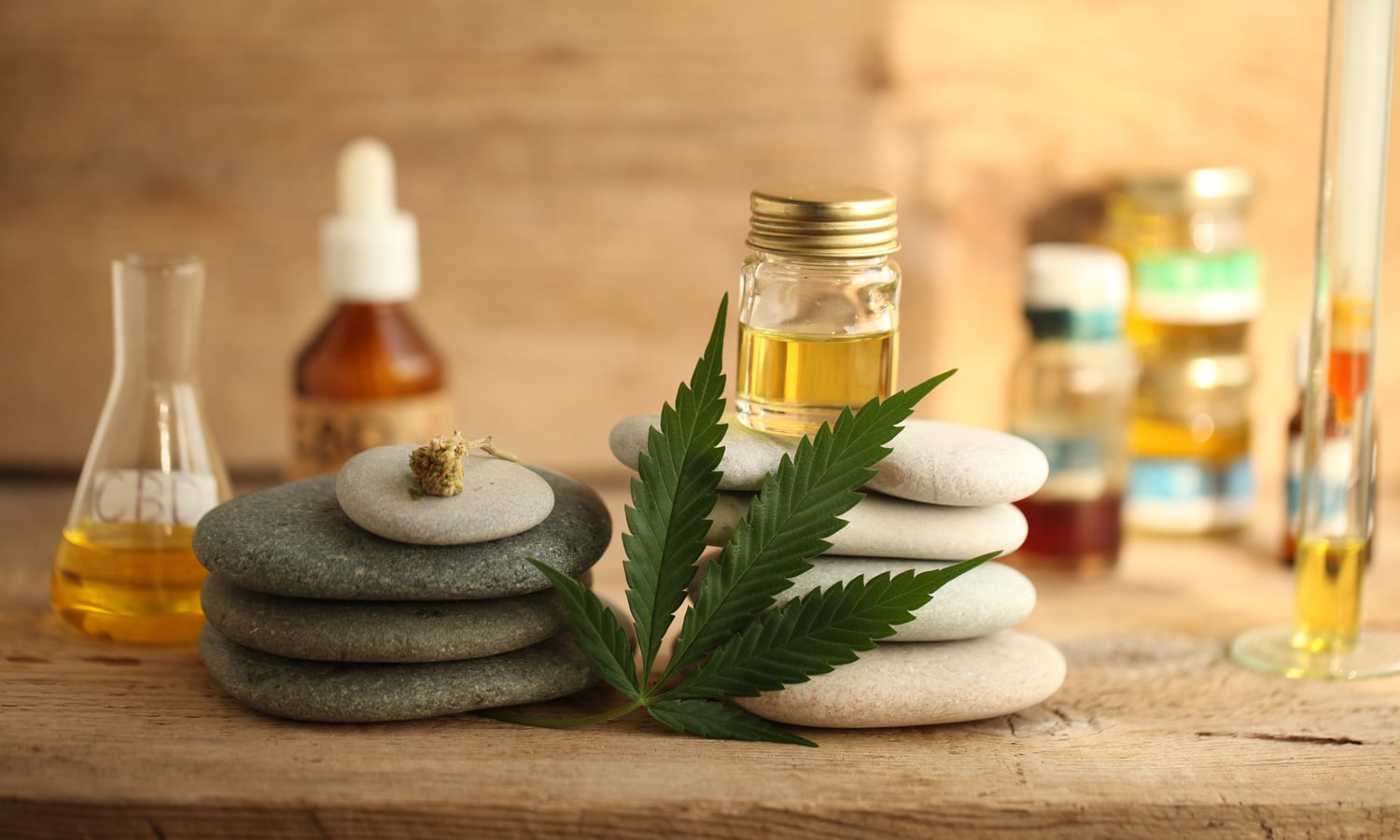Falsely-reported marijuana claims from robots far outweigh science-based posts from humans on social media, study finds.
A Pew Research Center poll reported earlier this year that 55% of American adults receive their news via social media at least sometimes. And despite the fact that the same percentage of people agree that this isn’t the most comprehensive way of getting information, the number represents an 8% increase in those who use social media as their primary news source.
This spells bad news in the world of cannabis. A new study published in the American Journal of Public Health from University of Southern California scientists found that many marijuana-related health claims made on social media were bogus. Furthermore, these false claims were often made by bots, who perpetuated fake news that drowned out solid science.
RELATED: This Is How Much Time The Average Millionaire Spends On Social Media
“We’re in a period of time where these misleading messages are pervasive online,” Jon-Patrick Allem, an assistant professor of preventive medicine at USC and lead author of the study, said in a statement. “We want the public to be aware of the difference between a demonstrated, scientifically backed piece of health information and claims that are simply made up.”

To better understand who was saying what on social media, researchers collected a sample of cannabis-related tweets between May 1, 2018 and Dec. 31, 2018. They then used a digital tool called botometer, which rates how likely a Twitter account is a bot. After separating those groups, the researchers divided the tweets further into 12 categories, including: legislation, health and medical, first-time use, mentions of edible products, and whether cannabis was used alongside alcohol, painkillers, and psychedelics.
RELATED: 4 Ways To Make The Internet Less Depressing
Patricia Escobedo, a co-author of the study, noted that “the proportion of bot posts that talked about health claims was larger than the proportion among non-bot accounts.” Meaning, if you read a cannabis-related health claim on Twitter, it was more likely it was from a robot than not. Furthermore, Esbodedo said when examining their data, they couldn’t discover a single reference in these posts to scientifically proven sues for cannabis, like marijuana’s ability to treat epilepsy in children.
“Raising the issue of these false claims by social bots is an important first step in our line of research,” Allem said. “The next step will be to examine the self-reported levels of exposure and beliefs in these claims and perceived risks and benefits of cannabis use, intentions to use and actual use.”


